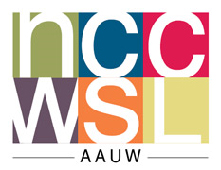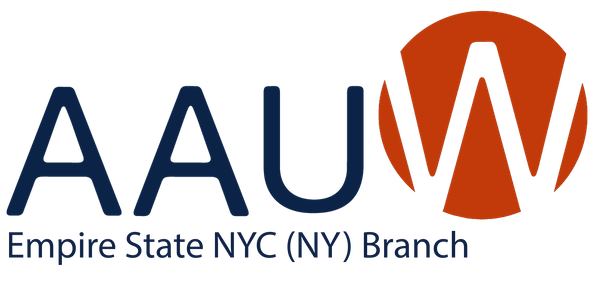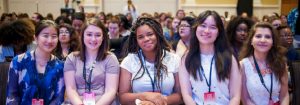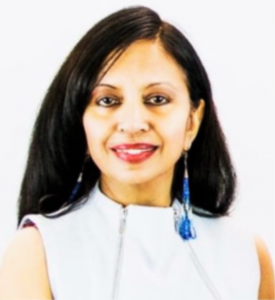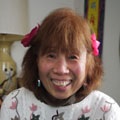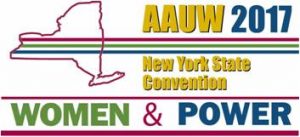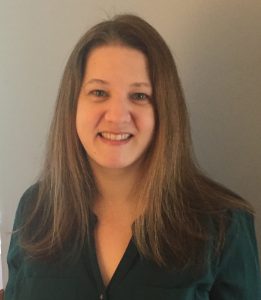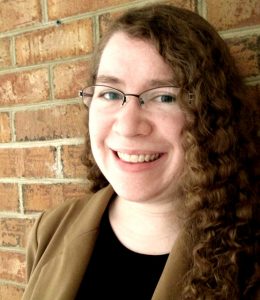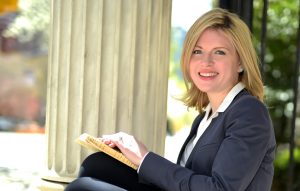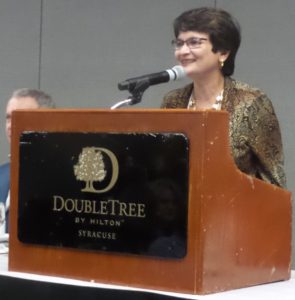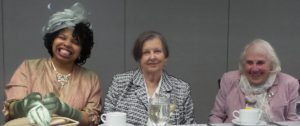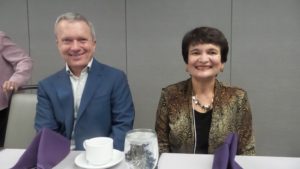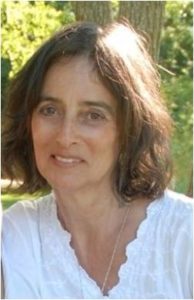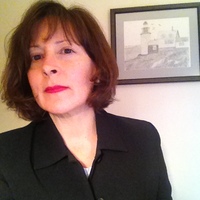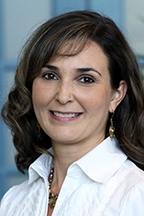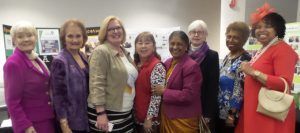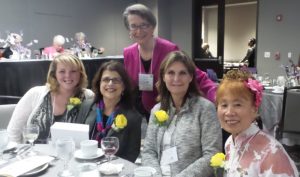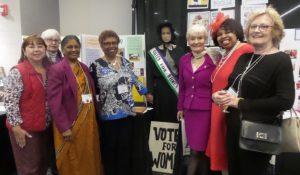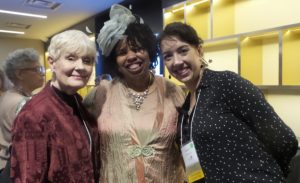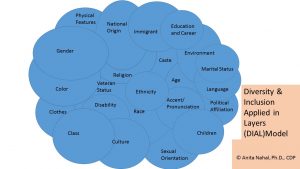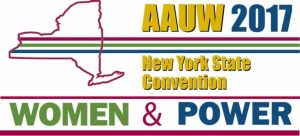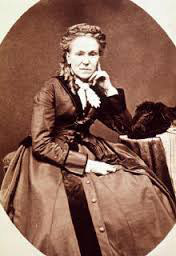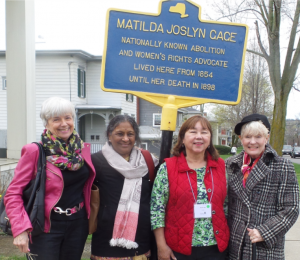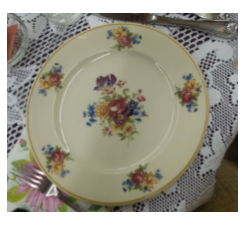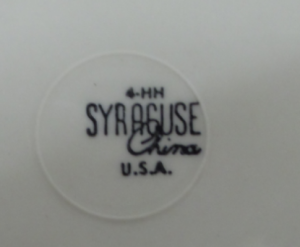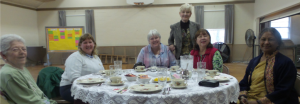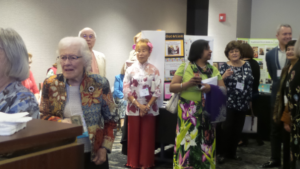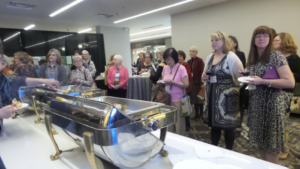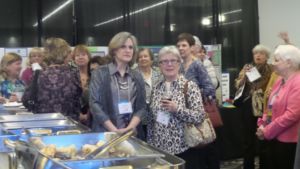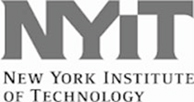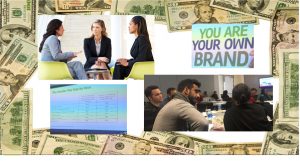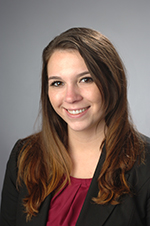
Mary Holland
This workshop, with participants working together in a creative environment, focused on interactive problem-solving, hands-on-activity. As a result, we learned the importance of collaboration and team-building in achieving a common goal. The workshop was led by Mary Holland, a Program Coordinator in the Office of Student Activities at Syracuse University where she assists over 300 student organizations. She holds a B.A. in political science and economics and an M.A. in higher education. Cate O’Connor is a graduate student developing and implementing leadership workshops for student leaders. She has been selected as the Assistant Director of Evening and Weekend Programs at the University of North Carolina.
We began the exercise with everyone trying to shake hands with someone as if they didn’t want to! So we rose from our chairs and walked around pretending not to like shaking hands! Not easy and impossible for yours truly! Then we took a quiz that established whether we were blue, gold, green or orange as category of our basic personalities. Although all of us have bits and pieces of the four color personality types, it is interesting to me to see what challenges each of these four groups face.
For instance, Gold is goal oriented, organized, structure oriented and punctual. Golds tend to be very frustrated with lateness, lack of an agenda and see themselves as responsible, reliable, etc. Golds also dislike inefficiency, procrastination, lack of control and changes.
Whereas Oranges are spontaneous, optimistic, flexible, easy-going, using humor to lessen tension and are adaptable and understanding. They dislike interruptions, deadlines, criticism and micro-managing.
Blues, mediators, are relationship oriented, nurturing, sympathetic. Blues see when other people are being hurt.
Greens are logical, independent, interactive, calm etc. and dislike noise, unfairness, control. They resist being boxed in.
The workshop leaders asked us, What are your strengths? What makes you feel successful and satisfied? Are you confident, persistent, insightful and inventive? What areas do we need to stretch in? Are you challenged and stressed? Their advice, let it go! Agree to disagree! Discuss: what can we do to make this better?
Respect the other person’s gifts. Be aware of buttons you may push that annoy other people.
So, take a deep breath, know thyself and try to see things through the lens of the personality of the person you are working with for optimum results!
Julie Klesczewski
ESVB Member
